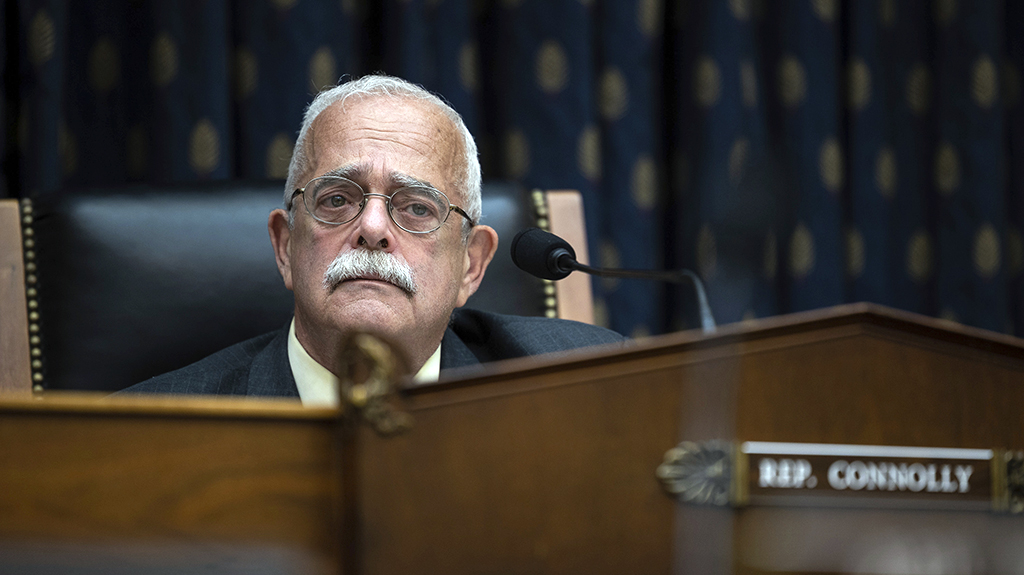Congressman Gerry Connolly (D-VA) and Congressman Austin Scott (R-GA), the Co-Chairs of the Congressional Georgia Caucus, released the following statement expressing concerns about Georgia's proposed "Foreign Agents Law." They drew parallels with the current legislation in Russia and noted that Vladimir Putin used a similar law to strengthen his dictatorship.
News
“In 2012, after taking power for a third term, Vladimir Putin signed a “Foreign Agents Law” to require organizations engaged in political activity and receiving foreign funding to register as foreign agents. Putin used this “Foreign Agents Law” to drastically curb free speech, all but eliminate Russian civil society, and further solidify his brutal rule as a dictator.
It is incredibly concerning for the Republic of Georgia, a democratic partner of the United States that has received EU candidate status, to introduce and advance legislation that mimics Putin’s same anti-democratic instrument,” a joint statement said.
The congressmen stated that they will continue to support the Georgian people on the road to Euro-Atlantic integration. They appealed to leaders to heed the people's call for a "flourishing and unimpeded civil society, independent judiciary, and a government that respects the rule of law and holds those who engage in corruption accountable.”
“Unfortunately, a “Foreign Agents Law” similar to that of Vladimir Putin’s, diverts Georgia from that path,” the congressmen note.
A few days ago, a bipartisan group of US Senators sent a letter to the Georgian Prime Minister, Irakli Kobakhidze, stating that if the Russian Law is adopted, they will be forced to advocate for a change in American policy towards Georgia. This change in policy would involve considering imposing individual sanctions, ending direct funding, and expanding visa restrictions.
Against the backdrop of this feedback, Georgian Dream will attempt to pass the second reading of the Russian Law reinitiated at the beginning of April.















